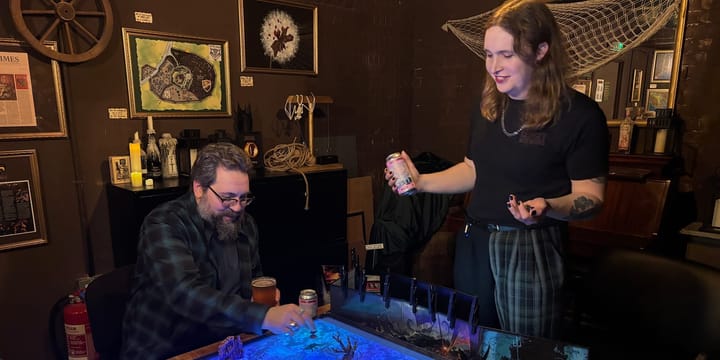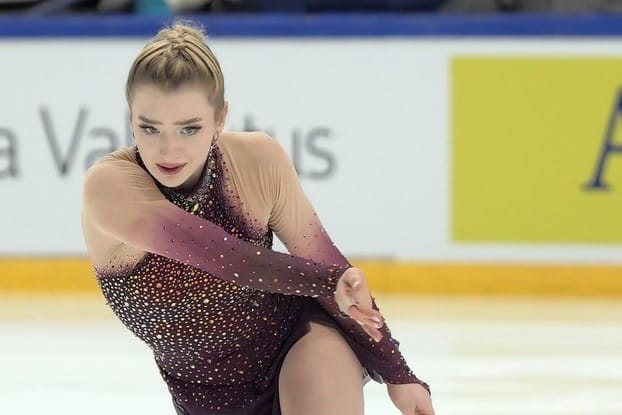Filmmaker Chris Columbus rules out Harry Potter reunion because of J.K. Rowling’s transphobia
Chris Columbus, who directed the first two Harry Potter films, says a reunion with the original cast is “never going to happen” due to J.K. Rowling’s controversial views. While he’s still close with Radcliffe and co, Columbus also dismissed HBO’s upcoming reboot as “more of the same.”

In a candid new interview with The Times, Chris Columbus — the filmmaker behind the first two Harry Potter films — has firmly ruled out any possibility of a reunion with the original young cast, citing deep-seated divisions over J.K. Rowling’s public stance on gender issues.
“It’s never going to happen,” Columbus declared on the topic of directing a remake or reunion featuring the original child actors. He attributed the collapse of any such plans to the polarising views held by Rowling. “It’s gotten so complicated with all the political stuff… everyone in the cast has their own opinion, which is different from her opinion, which makes it impossible.”
Columbus revealed he hasn’t been in contact with Rowling for about a decade, saying, “I have no idea what’s going on with her.” Yet his relationship with the former cast remains strong: “I keep very close contact with Daniel Radcliffe and still have a great relationship with all the kids in the cast.”
This sentiment echoes former ideas Columbus shared about adapting Harry Potter and the Cursed Child, which he had once hoped to bring to the screen with the original actors. However, these plans have now been definitively shelved.
In a broader critique of the franchise’s new incarnation, Columbus also expressed scepticism about HBO’s upcoming Harry Potter series. He described it as “more of the same,” dismissing it for recycling familiar visual tropes — including costumes worn by the original cast — rather than introducing anything fresh or original.
What this means for fans and the franchise
Columbus’s comments effectively close the door on any nostalgic revival featuring the original trio — Daniel Radcliffe, Emma Watson, and Rupert Grint. While he maintains a warm connection with them, the ideological rift with Rowling, widely criticised for her anti-trans stance, makes any reunion untenable for now.
Moreover, Columbus’s disapproval of the forthcoming HBO series hints that the franchise might be heading in a direction he views as creatively stagnant, leaning too heavily on its visual legacy without evolving the narrative or tone.





Comments ()